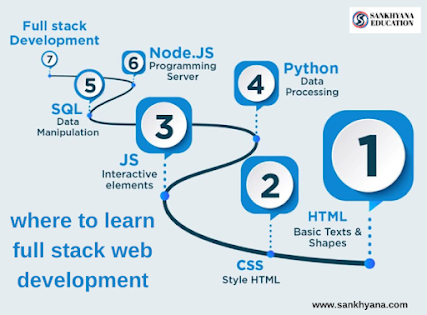Data Science: The New Literacy
Data Science: The New Literacy
Becoming data literate doesn't necessarily mean becoming a data scientist, but it does mean developing a basic understanding of data concepts and methods.
In an era where information is abundant and technology continues to shape our world, a new form of literacy has emerged as an essential skill for navigating the complexities of modern life: data science. Just as traditional literacy empowers individuals to read, write, and communicate effectively, data science literacy empowers individuals to understand, analyze, and interpret the vast amount of data that surrounds us.
The Data Revolution: A Paradigm Shift
We are living in the midst of a data revolution. Every day, we generate massive amounts of data through our online interactions, transactions, and various digital activities. This data holds valuable insights that can drive informed decision-making, uncover hidden patterns, and predict future trends. However, without the ability to make sense of this data, it remains nothing more than an overwhelming sea of numbers and information.
Data Science as a Skillset
Data science involves a combination of skills from various fields, including statistics, computer science, domain knowledge, and critical thinking. At its core, data science is about turning raw data into actionable insights. This process includes data collection, cleaning, analysis, visualization, and interpretation. A data scientist's toolkit often includes programming languages like Python or R, data manipulation libraries, statistical techniques, machine learning algorithms, and data visualization tools.
Data Literacy for All
Just as basic literacy is a foundational skill for education, employment, and communication, data literacy is becoming a prerequisite for understanding the world and making informed decisions. Whether you're a business leader, a student, a healthcare professional, or someone simply trying to understand the news, data literacy empowers you to critically evaluate information, identify biases, and draw meaningful conclusions.
Applications Across Industries
Data science isn't limited to any specific industry; its applications are widespread. In healthcare, data scientists analyze patient records to improve treatment outcomes. In marketing, they use customer data to tailor advertising campaigns. Environmentalists use data science to track and combat climate change, while governments use it to allocate resources efficiently. The potential of data science is boundless, and its impact can be seen across sectors.
Challenges and Ethical Considerations
While data science offers incredible opportunities, it also comes with challenges. Privacy concerns, bias in algorithms, and the potential for misuse of data are all important ethical considerations that must be addressed. Ensuring that data is collected and used responsibly is essential to harnessing the power of data science for the greater good.
Becoming Data Literate
Becoming data literate doesn't necessarily mean becoming a data scientist, but it does mean developing a basic understanding of data concepts and methods. There are numerous online resources, courses, and tutorials available for those interested in learning more about data science. By gaining these skills, individuals can actively engage with data-driven discussions, make informed choices, and contribute to a society that is increasingly reliant on data for decision-making.
In a world inundated with data, data science literacy is the new literacy. It empowers individuals to navigate the complexities of the modern age, make informed decisions, and participate meaningfully in the data-driven society we inhabit. Just as traditional literacy transformed societies in the past, data science literacy has the potential to shape the future in profound ways.
.png)

.png)
.png)
Comments
Post a Comment